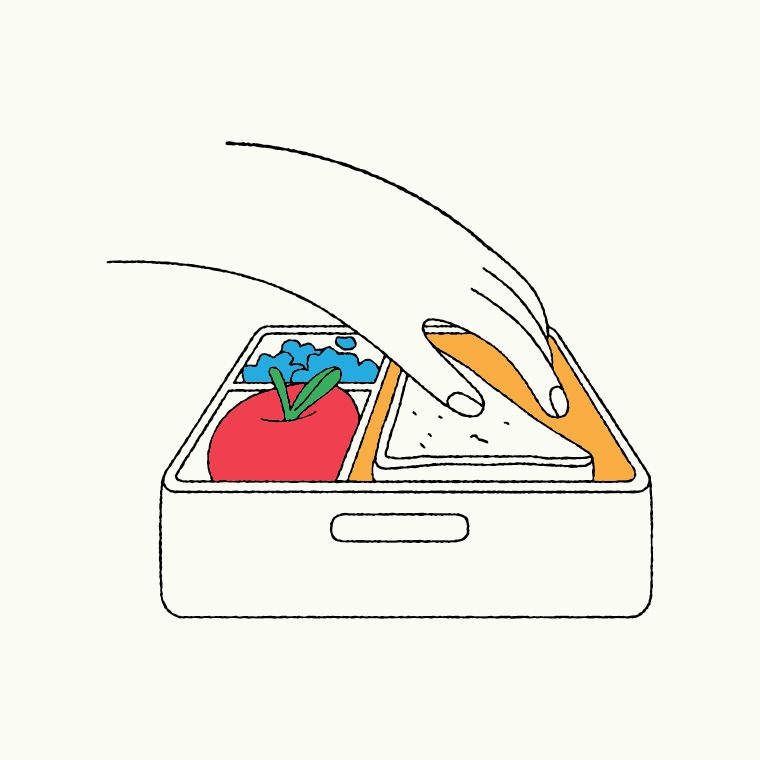Study Tips

Follow these easy to action tips on how to study well and get through
Make a plan: figure out what you need to do, how long you think it will take, and then block out time in your calendar or diary every week. Think about the times that work best for you (including when you don’t have work or whānau obligations), when you learn best and when you’re most alert.
Break your work into chunks and do it bit by bit, rather than all at once.
Don’t cram. It’s tempting, everyone does it at some point, but it just increases your stress and it doesn’t help you learn.
Take breaks: they’re important! When you’re planning your time, put in space for downtime, whānau time, hobbies, social life - whatever is important to you and recharges you.
How do you like to review information? Do you prefer to review written notes and rewrite them? Do you like to listen to/watch things online? Understanding how you learn will help you get ahead.
Start with what you know: we all start somewhere. Make a list of what you understand, what you need to learn and any questions you have. Then, begin finding the answers to your questions and filling in the gaps in your knowledge.
Review your material as often as possible, with friends, by yourself, ask your whānau to test you with flash cards – revising the information as often as possible is the best way to ensure you really do know it.
This isn’t always easy, but do your best to find a quiet, comfy and calm spot with snacks, good lighting and few distractions.
Working toward things throughout your studies and having rewards along the way can be really motivating. Good goals are specific (e.g. I will upload all my photos by the end of the week; I will study from 7-9pm on Friday, I will get a specific mark), measurable (I did upload those photos/study at that time/achieve that mark), realistic (so you can meet them!), and time-specific (set yourself an end-date so you can tick them off and move on).
- Don’t understand something you’re learning about? Ask! Ask a peer, ask your employer/tutor/lecturer. Your job right now is to be a learner – that means asking questions, making sure you understand what you need to know and accessing support when you need it.
- Need support with your mental health and wellbeing? You deserve support! Support services are there for you.
- If you have a learning or physical disability, there may be supports available to you through your institution. Contact them directly to ask what accommodations and supports they can offer to you.









